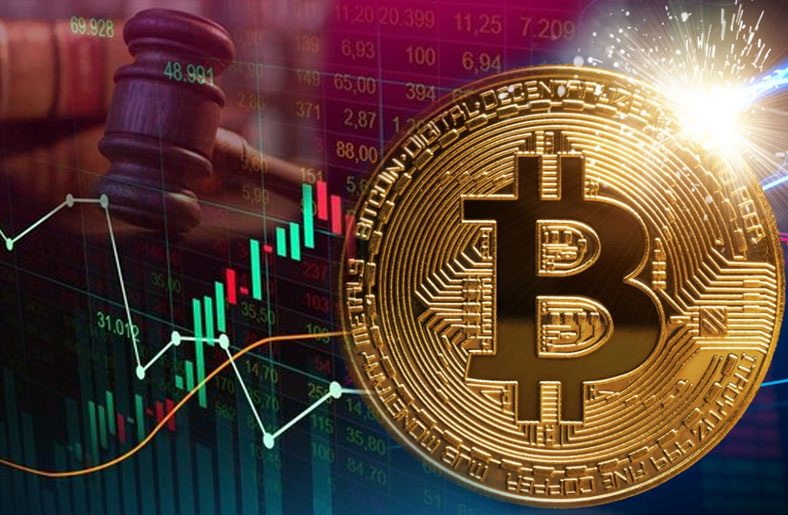As many people in India are new to cryptocurrency, they are under the impression that it is not legal in India. This is far from the truth as trading or owning it was never illegal in India. No denying there was a rough patch in the year 2018 when Reserve Bank of India (RBI) banned banks from providing nay services for trading all virtual currencies.
This decision of the central bank almost destroyed all crypto companies and startup. However, things changed in the March 2020 when the Supreme Court of India lifted the ban on the trading of virtual currencies. Now that India has adopted a crypto-friendly approach, it will have significant implications for investors as we will discover in this article.
How is Cryptocurrency different from Normal Currency?
A currency is a system of money that acts as a medium of exchange. The currencies we are familiar with are regulated by national governments though the institution of central banking system as Reserve Bank of India does for INR in India, Federal Reserve does for USD and Bank of England does for GBP.
In comparison, cryptocurrency like Bitcoin or Ethereum is more of a currency than any fiat currency as it is based on a decentralized network of peers who validates and confirms transaction and account balances on the network.
Reasons of Popularity of Cryptocurrency
A little over a decade, popularity of cryptocurrency has exponentially expanded beyond the comprehension of anyone. The foremost reason for its appeal is that it decentralized with no institutionalized authority overseeing it. It is completely transparent and free from governmental regulation and intervention. It offers a completely transparent system of money. It is maintained with the help of blockchain technology with amazing cryptographic features and provides strong security making the virtual currency secure and irreversible. These are the crucial factors for any currency.
Also read: What Retail Investors should Know About Investing?
In fact, introduction of the cryptocurrency is the first peer-to-peer money exchange system in India. Credit cards or other digital payment platforms might come across as direct payment systems but their transactions pass through banks that charge processing fees. Virtual currency is decentralized and is based on peer-to-peer transactions using blockchain technology with minimum transaction fees.
Historical Development of Cryptocurrency
Historical development of the virtual currency started in the penultimate decade of 20th century. There were numerous attempts at creating digital cash but none of them was successful. However, it was an unknown person with pseudonym of Satoshi Nakamoto whose efforts became successful. Satoshi Nakamoto is credited to be the creator of Bitcoin.
Later, it became the first cryptocurrency to be introduced in 2008 based on the blockchain technology. Development was inspired by the desire to create an electronic cash system which was similar to peer-to-peer file sharing network. With more and more people becoming aware of the technology, many altcoins were subsequently launched.
In the year 2011, we saw the launch of Litecoin, Namecoin and Swiftcoin. In 2012, Peercoin was launched which was followed in 2013 with the launch of Ripple and Dogecoin. The most important altcoin to be launched was Ethereum launched in 2015 which also introduced smart contract features. Presently, there are over 3000 altcoins.
Global Legality of Cryptocurrency
Most of the developed countries have friendly approach towards the digital currency including the US, UK, EU, Australia, Japan, Germany, etc. Japan is known as one of the largest markets for crypto trading. It is the also the first country where people started mining the coins. It is possible that the unknown creator of Bitcoin choosing a Japanese pseudonym might not be a coincidence after all.
Also read: How does Cryptocurrency Work?
China is the only major country that has altogether banned cryptocurrency exchanges. In the similar vein Russia has also banned cryptocurrencies in a bid to protect Rouble from an appreciating Bitcoin. El Salvador has become the first country to fully accept it as a national currency.
Legal Position of Cryptocurrency In India 2021
Cryptocurrencies like Bitcoin and Ethereum are considered open-source and public as anyone can watch, confirm and verify the transactions. The leaders of India’s crypto community are walking the Indian government through the ropes of virtual currencies and its decentralized nature and public nature of its blockchain or ledger.
They are also making the government aware of techniques other governments are using to allow trading in cryptocurrencies through measures such as KYC.

